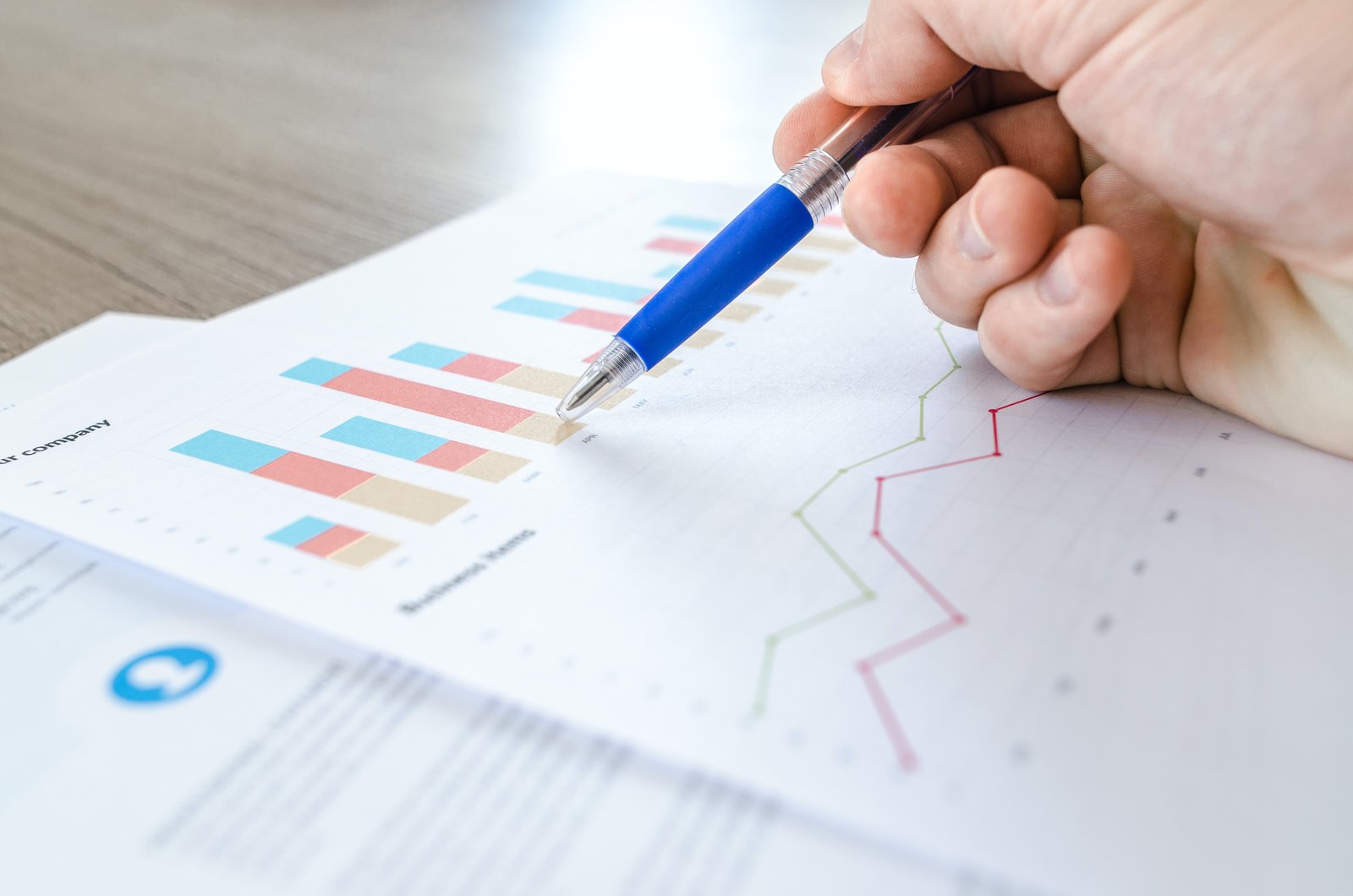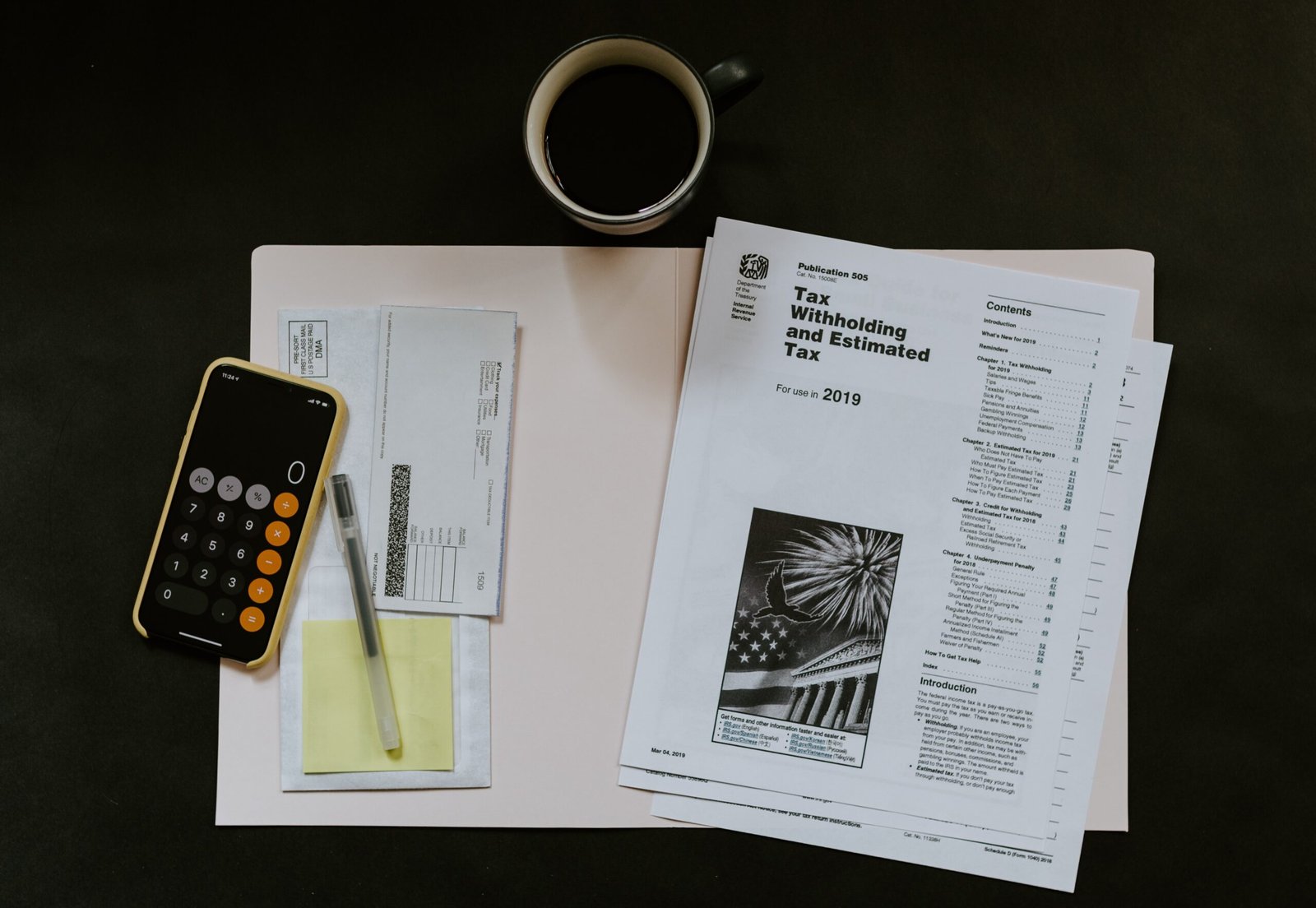Do you want balance sheets are? Among all the accounting reports, they are regarded as the most important document. However, there are many business leaders who still avoid them. You can use a balance sheet to help the financial management of your firm and verify your assets, liabilities, rights, profit reserves, third party capital, and income sources. Are you interested in this topic? Want to know is the importance of balance sheets is? Then this is the right place for you. Have a look!
It is important for accountants and business owners to understand how to analyze a balance sheet. Balance sheets provide a quick way for a business’s financial standing. Without this important document, accountants and business owners may take decisions that have negative impacts on their firm’s financial condition. Before getting into the importance of balance sheets, let us first understand what a balance sheet is.
What is a Balance Sheet?
It is a formal accounting statement of an accounting body’s financial transactions for a given period. Therefore, all the accounting rows detailing debits and credits are those that appear in a company’s accounting ledger.
Through this statement, one can determine the balance of your liabilities, rights, and assets. You can also recognize all your income resources from an accounting entity. Thus, the balance sheet, as well as income statements, are regarded as indispensable to financial planning for any organization.
A balance is one of the various major financial statements you can use to track earnings and spending. Also known as a statement of financial position, a balance sheet shows what your firm owns and what it owes through the date listed. It shows this information in terms of your company’s liabilities, equity, and assets.
Assets can be any items a business owns. Liabilities are payments that your business needs to make. Equity is the amount that a business’s stakeholders own. On balance sheets, the assets are equal to, balance out, the equity, and the liabilities.
Assets- There are mainly two types of assets. These are current and noncurrent. Current assets are items that your business has attained over time that will be used or converted into money within a year, or one business cycle, of the date on a balance sheet. Accounts receivables, prepaid insurance, cash, temporary investments, liabilities, and inventories are regarded as current assets. On the contrary, noncurrent assets are any fixed items or assets your business owns. Things that are included in this category include building property, office equipment, long-term investments, bonds, stocks, and land.
Liabilities- Similarly like assets, there are current as well as noncurrent liabilities. Current liabilities correspond to payment obligations your firm must pay within 12 months of the date on a balance sheet. For instance, an outstanding bill to an equipment supplier could be an existing liability, as could income taxes payable and salaries payable.
Noncurrent liabilities are the amount your firm has more than a year to pay. Bank debt and bondholders are regarded as noncurrent liabilities. You along with your accountant can recognize the liabilities on balance sheets by considering the word, “payable.” These liabilities are some of the sources of your firm’s assets.

Equity- Another important asset in a balance sheet is equity. If you are the only proprietor of your business, this is regarded as an owner’s equity. If your business is a corporation, equity is known as stakeholder’s equity. When all the liabilities are deducted from your firm’s assets, equity is the result.
Equity is made of pain-in capital and retained earnings. Pain-in capital is the amount every shareholder paid initially for his or her stock. Retained earnings refer to the money your company did not sell to the stakeholders and rather reinvested into itself.
How to prepare a Balance Sheet?
It is a great idea to use a small balance sheet every month to check whether all transactions listed in the accounting ledger are right. When you have several changes in value, it is possible that one or more expense or income items have been taken out of your ledger.
Because of this limitation, you always must adjust your accounts so that they are in keeping with reality, and a total of these changes in terms of liabilities and assets must be the same.
Importance of Balance sheets
Balance sheets are important documents as they keep business owners informed about your organization’s financial condition. Research has found that many business owners fail to identify their companies are in trouble until it is too late. This is so because business owners are not checking their balance sheets and some of them are not even aware of the correct balance sheet format. Typically, if the ratio of your business’ assets to the liabilities is less than 1 to 1, then your company is at risk of going bankrupt, and you might have to make some strategies to improve its financial condition.
Balance sheets are also significant as these documents allow banks to understand if your business meets the criteria for extra credit or loans. Balance sheets assist potential and current investors better understand where their money will go and what can they expect to receive in the future. Investors understand businesses with high cash assets, as this indicates that a company will prosper and grow.
It defines risk and returns
A balance sheet briefly lists your liabilities and assets in one place. Long-term and current assets reflect your capability to generate money and sustain operations. In comparison, long-term and short-term debts focus on your business’s financial commitments. Ideally, you have a greater number of assets on your balance sheet compared to liabilities, which indicates a positive net worth.
Comparing the current assets to existing liabilities determines whether your business can cover short-term obligations. If your present liabilities surpass your cash balance, your business may need extra working capital from outside sources. However, a balance sheet can show you when your debt level is unmanageable. If you have too much obligation on your balance sheet, then you may default on debt payments or declare bankruptcy.
It can be used to secure capital and loans
Your balance sheet permits people outside of your firm to understand its financial condition. Most of the lenders need a balance sheet to determine the financial condition and creditworthiness of a business. In addition, prospective investors may utilize it to understand where their money will go and when they can assume to be repaid.
When updated over time, your balance sheet shows your capability to repay debts and collect payments effectively. Also, another importance of balance sheets is its shows lenders that you have a record of handling liabilities and assets responsibly. If you apply for a loan, it will show lenders that you will probably repay your debts within a time frame.

It offers helpful ratios
Ratios are often utilized in financial statement analysis to show a firm’s operational efficiency, profitability, solvency, and liquidity. These financial ratios are specifically helpful when calculating the long-term sustainability of a company. They can be determined by a brand’s balance sheet accounts.
For instance, your balance sheet is a snapshot that shows your brand’s overall capital structure. It also tells you how long it takes to sell inventory. This information will help you to recognize trends and see how your company’s money and operations are when compared to the competitors.
Making and understanding your company’s financial statements is a significant part of being a small business owner. The balance sheet is mainly helpful in keeping you as well as your stakeholders informed about your financial condition. Keeping this info updated will help you to make better management decisions. Moreover, it may enhance your company’s complete financial practices, operational efficiency, and exchanging habits.
Do you use a balance sheet for your business? If not, start using it now!

